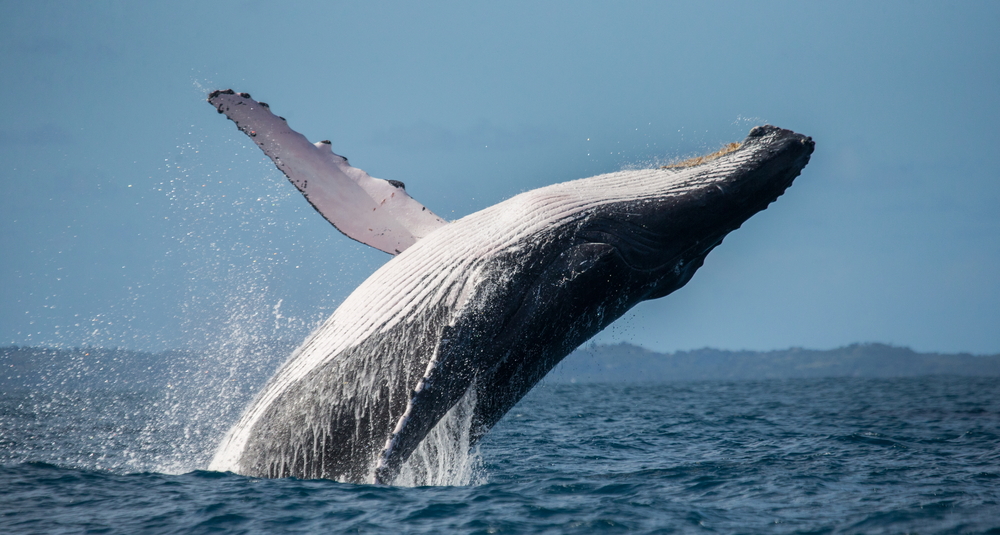Whales communicate by singing over very long distances, creating songs that last for hours, each whale repeating back and adding phrases. Whale communication is not the only sound in the sea. Sounds fill our forests and oceans. But, they are not incidental. They carry meaning and significance. If humans stopped making a racket, we would better understand these noises. Hush!

Location, location, location
We frequently wonder where people are. Uncle Tom Cobblie and all, they are there or somewhere. For, we place people, geographically locating them. Indeed, it is a part of our knowledge, reducing uncertainty. We can fret about where people are and whether they are safe. So, communication in space and time reduces uncertainty. Perhaps this is part of the reason whales communicate.
“Have you seen John lately?” “He was very unwell.””He was travelling somewhere the last I heard, alhtough I saw him posting on social media.” So, how we talk about people often involves their location. For instance, where and when we last saw them. Keeping in touch is an important part of being social.
This knowing or placing is a significant part of ecological integrity. So, it is one reason we make noise, and a great deal of our language is about such knowledge. For example, it is why dogs leave scent marks, creating a demographic tapestry for dogs. In this way, nature continually communicates. So, whale communication is part of this ecological intelligence.
Whales sing to each other
Whales use three sound types to communicate: clicks, whistles, and pulses. However, just as with humans, whale language is cultural and contextual. Each group of whales, or pod, has its dialect. Not only that, they play with sound creatively, adding trills that others of the pod will repeat. They build sound interactively, creatively using syntax. For this reason, merely analyzing the sound doesn’t reveal its significance in whale communication.
Humpback whales, for example, produce phrases combined in novel ‘songs’ that can last for hours. So, could we record such songs and understand what the whale is saying? The answer is most likely not, for at least the specific message. Perhaps we would have a better idea if we knew what the whale was singing about or singing for. For that, we would need to be the whale or another whale receiving the message. Much of the whale communication may depend on shared history or culture. Then, we would need to get into the dialogue, and for that, we might need to be a part of it.
Making a distant call
Whales communicate over very long distances, although the ocean is noisy. Adapting to this natural noise, the whales hear their sounds against the background din – there are, after all, billions of organisms contributing in the ocean! All of them are making themselves heard in a galaxy of noise. But some of this noise is pollution. It has no meaning. It is merely collateral from human activity, interfering with whale communication.
Noise pollution
Anthropogenic ocean noise, from fishing vessels, fishing, exploring for resources, construction and military operations, produces a cacophony of increasing sound pollution. Does this have a detrimental impact on ocean species, and are whales losing their way as a result? Many believe so, but it is perhaps too early to be sure. The whales talk, but will we listen to what they say?

Ray Noble is a chartered biologist and Fellow of the Royal Society of Biology. He writes extensively on biological theory and philosophy. He was Deputy Dean of Life Sciences at UCL, London, and Graduate Tutor in Women’s Health.
